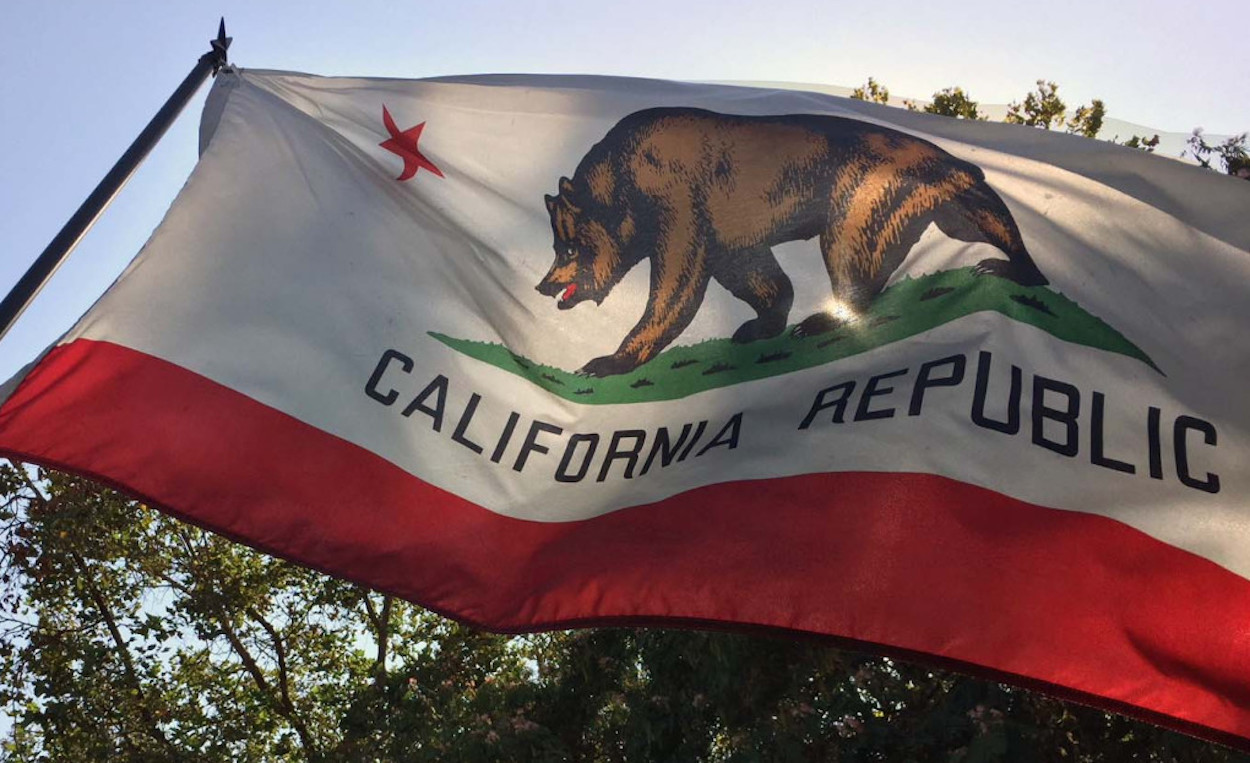Imagine going through surgery and then getting a gigantic bill for it, because your insurance company denied the claim. It’s a story that’s all-too-familiar for some, but a new law prevents it from happening.
Julie Randall is feeling good now, but last December it was a very different story. Randall went to the emergency room with severe stomach pain.
“This was soul crushing pain,” she said. “The pain got so intense, the doctor ordered a CT scan.”
Randall needed surgery to remove her gallbladder. All went well, until weeks later when she received a bill for the surgery: $86,000. Her insurance company, United Healthcare, denied the claim and her two appeals, saying that even though the surgery took place at an in-network hospital, the surgeons were out of network.
Get top local stories in Southern California delivered to you every morning. Sign up for NBC LA's News Headlines newsletter.
“Just devastated, just devastated, with really nowhere to turn,” said Randall.
The industry calls these “surprise bills.” Patients typically get them after hospital stays, when they assume the doctors treating them are in network, but they later learn they aren’t, so they’re on the hook for that part of the bill.
The nonprofit group Kaiser Family Foundation says 10 million surprise bills hit patients' mailboxes every year. But a new federal law puts an end to this. It took effect Jan. 1, 2022, and says insurance companies must pay out-of-network bills for emergency room care and non-emergency care at in-network hospitals. That includes doctor bills, such as anesthesiologists. The law also prohibits doctors and facilities from billing patients for what the insurer doesn’t pay; the patient is only responsible for their standard in-network co-pay.
Local
Get Los Angeles's latest local news on crime, entertainment, weather, schools, COVID, cost of living and more. Here's your go-to source for today's LA news.
“This is a new thing for the federal government, to actually reach inside a plan and regulate how claims are paid. They don’t usually do that,” said Karen Pollitz with Kaiser Family Foundation.
Under the new law, if hospitals and doctors bill you beyond what you’re allowed, they can be fined $10,000.
There are some exceptions to the law. If you schedule a non-emergency surgery in advance and hand-pick a specific doctor who’s out of network, you’re agreeing to pay that doctor’s price. Ambulance bills aren’t covered either.
Randall’s surgery happened two weeks before this law took effect, so the I-Team reached out to United Healthcare about it. It cleared Randall’s bill, nearly $90,000, saying the bill had actually been “processed incorrectly,” despite her appeals. It also said it “strongly supports efforts to protect people from surprise medical bills.”
The I-Team circled back to Randall with the good news.
“I felt like the horse that won the Kentucky Derby,” she said. “No likelihood of ever winning, entering the race at the last minute, longest shot on the board. I didn’t have any inclination that reaching out to NBC would have resulted in the way it has.”
Find out more about the new law here.



